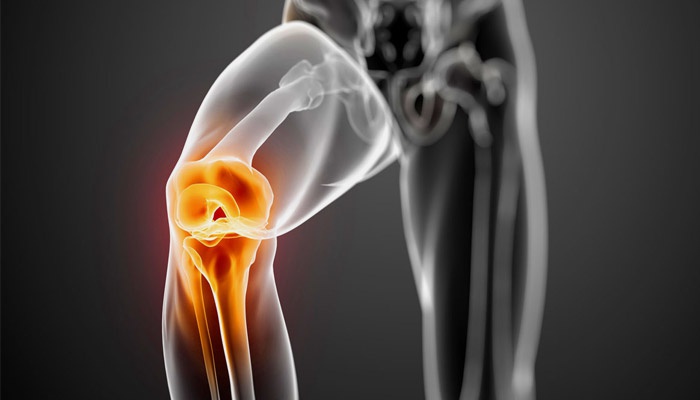
Over the years, regenerative stem cell therapy has proven to be the most effective alternative to surgery, cortisone steroid injections or simple physical therapy. There has been a lot of clinical research that confirms the effectiveness of this treatment.
The most significant feature of this form of treatment is that it offers patients relief from chronic pain and difficulty to heal injuries. The healing is carried out without the use of any medications or risky reconstructive surgeries. These days, researchers are also discovering ways to use this form of treatment for common chronic conditions such as heart disease, neurodegenerative disease, and diabetes.
The most common use of stem cell therapy is for controlling chronic knee pain. This is accomplished by using stem cell injections for the knee. The concentrated stem cells are directly injected into the painful area of the knee. As the cell’s growth factors start working, new skin cells and connective tissues are built and the knee gets healed.
There is a common query regarding this treatment amongst the patients. It is that if they already have stem cells in their knees, why are they not fixing the damage.
The answer to this question is that yes the knees indeed have stem cells in the normal cartilage.
In fact, in the injured knees, stem cells are seen in larger numbers in the recognition that a degenerative disease has occurred. However, despite being present in large numbers, the inherent stem cells act chaotically and are unable to regroup themselves into a healing mechanism and repair the injured area.
But, when stem cell injections are used for the knee, the native stem cells are redirected into performing the normal healing functions. The joint environment is completely changed from chaotic to healing as a result of these injections.
How Does It Work?
Here is a closer look at how the injections actually heal the damaged area of the knee.
When the stem cells are introduced into a damaged joint of the knee, the inherent bone marrow stem cells display plasticity and multipotency. This means they display the ability to change into other cell types and they also show the strength to multiply. The new stem cells signal the inherent stem cells and the other growth factors to regroup and begin repairing damaged joints.
The stem cell injections for the knee can help with regrowing cartilage and stop chronic inflammation. This happens as the stem cells promote rapid and accelerated bone healing. Thus, by the use of stem cell therapy, cartilage can be regrown, bone can be regrown, swelling can be reduced; it can be concluded that stem cells provide a curative effect. Many doctors suggest that people suffering from chronic knee pain and injuries can greatly benefit from a periodic injection of stem cells in the affected area.
Although before choosing this therapy patients need to understand that this is not a one-day therapy. This process needs proper isolation, expansion and multi-stage delivery of stem cells to achieve best results. The process can take about 6-8 weeks or so. The entire process does not require any kind of surgery or staying in the hospital. Patients can return to their normal routine after the procedure is completed.
By choosing this form of treatment the patients can efficiently avoid invasive surgeries and the painful rehabilitation process required after the invasive knee joint surgery. Although after getting the injections the patient is advised to rest to help restore the strength, range-of-motion, and mobility of the knee joints to pre-injury levels.
Is It Safe?
Many patients inquire about the safety of this procedure. Stem cell therapies have been used in the field of medicine for almost 45 years now. They are the safest and most effective alternative to surgeries and other methods of treatment. The stem cells are 99.99% immunocompatible and there is virtually no threat of patient rejection.
On the whole, it can be said that stem cell injections for the knee are the perfect option for you if you are looking for a noninvasive yet effective form of treatment for your damaged knee.
Please contact our office at (516) 419-4480 or (718) 215-1888 to arrange an appointment with our Interventional Pain Management Specialist, Dr. Jeffrey Chacko.













